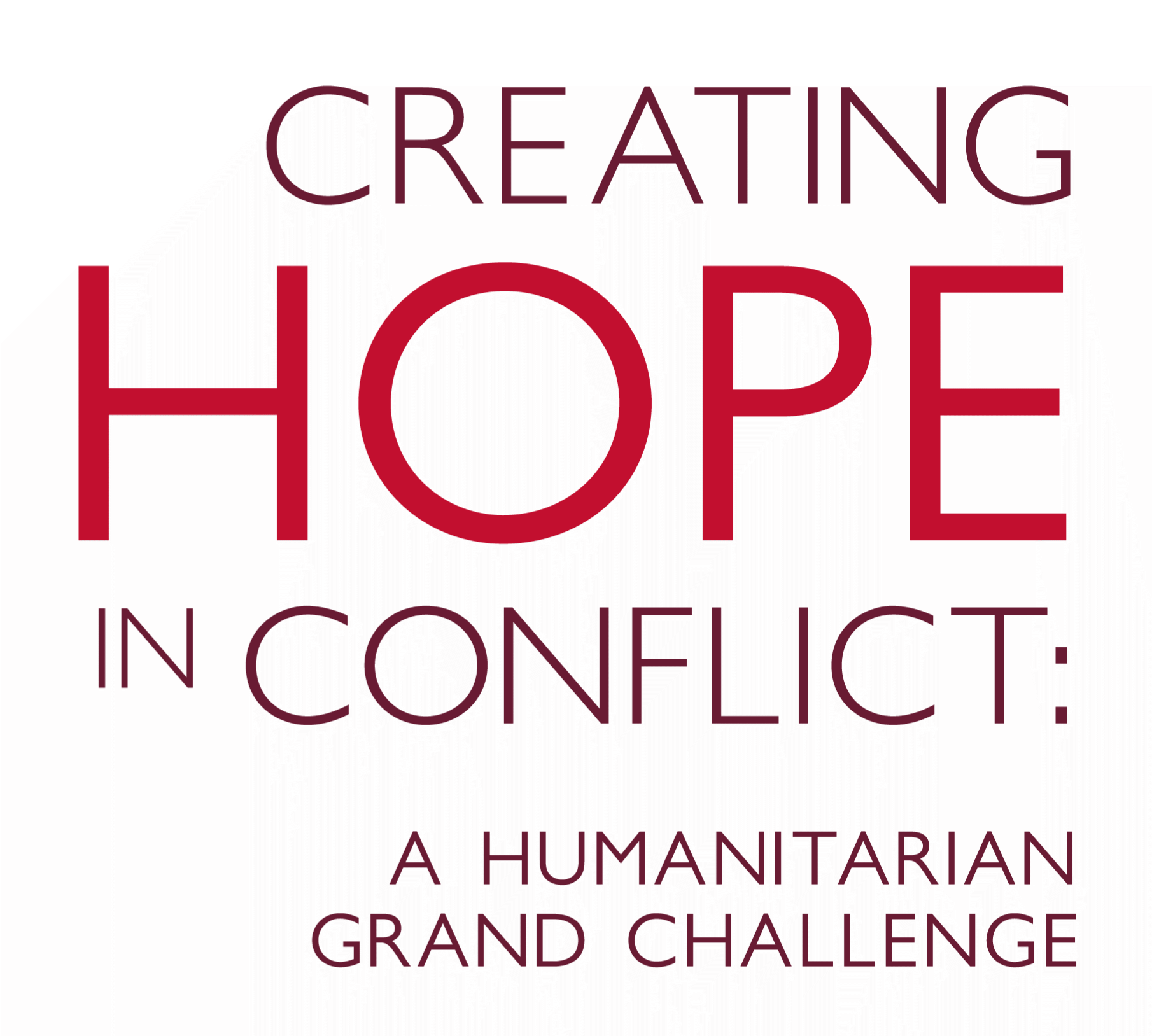De-Risking Pay-As-You-Go Solar Home Systems in Uganda Refugee Settlement Grants Program
THE CHALLENGE
Off-grid power systems in conflict-affected areas typically rely upon generators, which are often costly, require heavy use of fossil fuels, and rely upon the specialized expertise of technicians to maintain. Although solar-powered battery systems offer more independence, they can be less powerful, difficult to expand, or more complicated in design. To increase solar energy access to off-grid communities, particularly in conflict-affected areas, it is therefore imperative that solar power technologies be improved to ensure they are consistently reliable and can be maintained using local labour and skillsets.
THE SOLUTION
To develop a solar power technology that would meet these criteria, the International Lifeline Fund created the Power-Blox—a solar battery system that allows the modular construction of a mini-grid that operates independent of fuel and is resilient against system failures. In addition to being simple to use, the Power-Blox allows for various applications without specialist knowledge and can be extended via a microgrid to serve several dozen customers. Throughout the CHIC funding period, 33 Power-Blox units were purchased by 21 entrepreneurs in Uganda. Of these customers, nine individuals reported an increase in overall profit. Customers also reported that their children are now able to study at night and that they feel less stressed as their power costs are predictable. Importantly, the project resulted in a larger total of 2,774 individuals gaining access to renewable energy through using services or purchasing items at businesses whose energy is supplied by Power-Blox units. Based on feedback from the entrepreneurs, it was determined that the Power-Blox units are socially acceptable products and work well within the social dynamics. Both UNHCR and representatives of the Office of the Prime Minister, who run the refugee settlements, also gave positive feedback and inquired if the Power-Blox technology can be expanded to other settlements and districts in Uganda.
